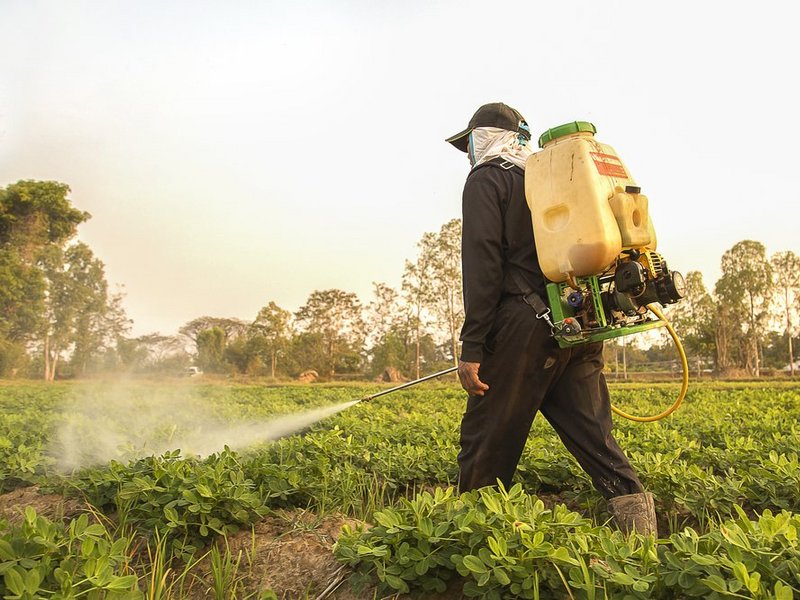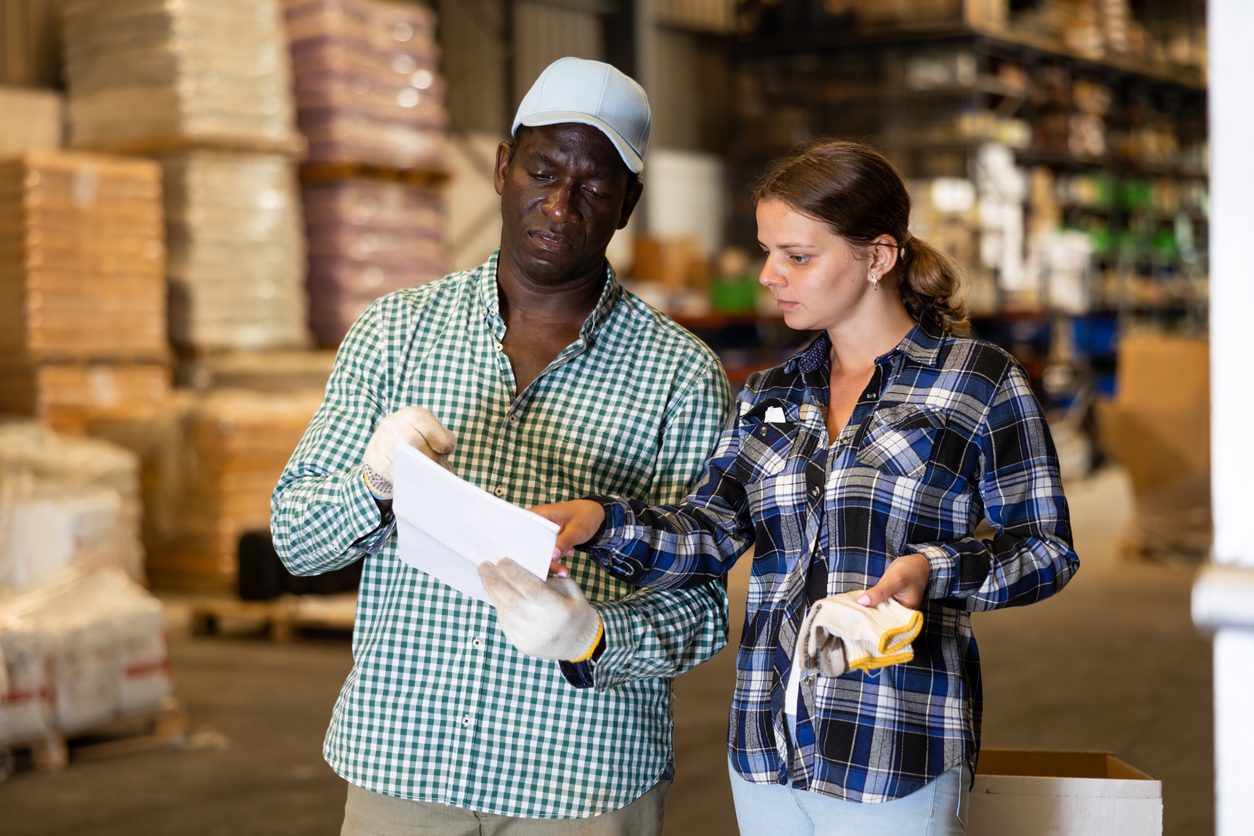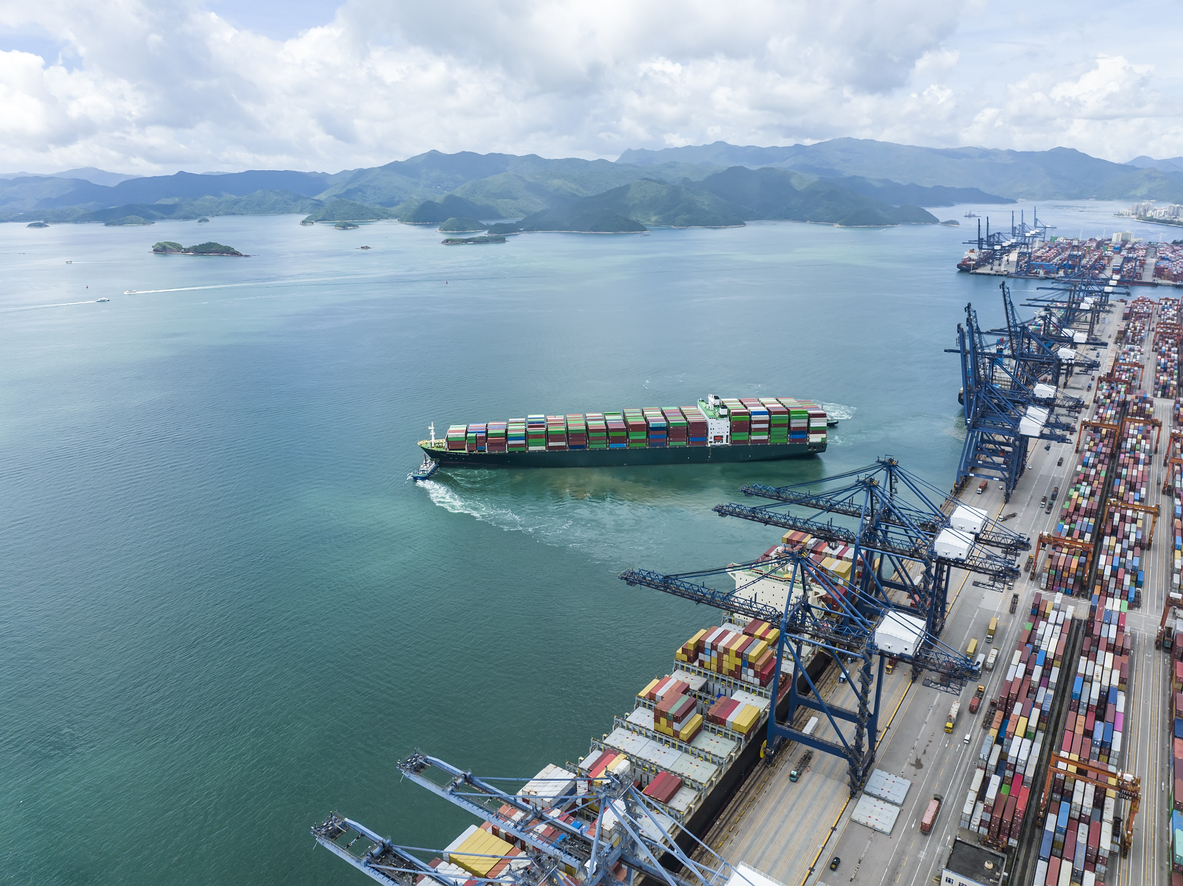A Guide to Buying and Exporting Pesticides from South Africa
A Guide to Buying and Exporting Pesticides from South Africa
South Africa has become a major player in the global pesticide industry, supplying more than 60% of sub-Saharan Africa’s market and exporting to 130 countries. The country is also home to a number of multinational chemical companies that produce pesticides, including Syngenta, FMC, and BASF. With the right strategy, exporters can take advantage of this niche market. If you’re thinking about exporting your own pesticide products from South Africa, there are a few things you need to know about doing so. This guide will help you understand why it makes sense for your business to buy and export pesticides from South Africa, what is required to do so, and how you can go about making those arrangements. Keep reading to learn more.
Why Buy and Export Pesticides from South Africa?
For decades, developing countries in sub-Saharan Africa have had to rely on pesticides and other agricultural inputs from outside their borders. This has created some challenges for both buyers and sellers. On the one hand, countries outside sub-Saharan Africa have had difficulty fully supplying the needs of their customers in the region. On the other hand, the customers in sub-Saharan Africa have found it difficult to access the full range of products they need at prices that are affordable for the majority of small farmers. Buying pesticides from South Africa, however, can help to solve some of these problems. The first advantage is that South Africa has become a major player in the global pesticide industry and has the capacity to supply customers in sub-Saharan Africa. The second advantage is that South Africa has developed a range of products that are priced to meet the needs of small farmers in sub-Saharan Africa.
The Licensing Process for Exporting Pesticides From South Africa
In most cases, pesticides are regulated in the same way as they are in the country of origin. This means that exporters will need to obtain the licensing required to sell their pesticides in the country to which they want to export. However, this could vary depending on the type of product you are exporting. You will need to check with your export licensing authorities to find out what the process is for your particular products. The most common type of licensing for pesticides is the registration of a product with the relevant national authority. This process is likely to involve providing the following information: The name and registration number of the active ingredient and the name of the company registered with the government to produce and sell this ingredient; The name and registration number of the product and the name of the company registered with the government to produce and sell this product; The proposed use of the product and any restrictions on the proposed use; The name and registration number of the person responsible for the registration and product information.
Which Pesticides Can Be Exported From South Africa?
The list is endless. Pesticides are applied to combat weeds and insects that damage crops; they are also applied to forests to combat pests that damage the trees, and they are used to control pests that damage livestock and people. Pesticides are used extensively in agriculture, horticulture, forestry, fisheries and domestic situations. There are, however, some general rules that apply to the types of pesticides that can be exported from South Africa. First, pesticides must be registered for export. Second, you must abide by the destination country’s laws and regulations. Third, you must abide by the destination country’s restrictions on the types of pesticides that can be imported, if any.
Which Pesticides Cannot Be Exported From South Africa?
Not all pesticides can be exported from South Africa. Exporters cannot export certain chemicals that are labelled as restricted substances, like chlorinated hydrocarbons. They can also not export certain pesticides, such as DDT, that are banned in South Africa. Other pesticides that cannot be exported from South Africa include those that require a permit for the import of restricted chemicals. Certain pesticides may also be prohibited from export due to the country of origin.
How to Find the Right Partners to Export From South Africa?
The best exporters to work with will be those who have a track record of exporting the chemicals you need. They should also have experience exporting to your target country(s) and understand the country-specific regulations regarding pesticides. You should start by identifying the pesticides you need and the quantities. Next, you should speak with representatives of different companies to find the right fit. Here are a few tips to help you find the right partners: Identify companies that have experience exporting to your target country(s). Identify companies that have the necessary documentation to export pesticides to your target country(s). Find out if the company has experience exporting the particular pesticide(s) that you need. Contact Your National Regulatory Authority (NRA) – in South Africa this is the Department of Agriculture, Forestry and Fisheries (DAFF) to find out which pesticides are permitted for export.
Conclusion
As this guide shows, there are a number of reasons why companies in South Africa might want to buy and export pesticides. The country has a significant agricultural industry, and pesticides are used widely in this sector. Moreover, the country has a number of multinational chemical companies that produce pesticides. Before you start looking for a supplier in South Africa, you should make sure that you check the requirements for the pesticides you want to buy. You’ll need to make sure that they are registered for export, that you abide by the restrictions for importing pesticides in your country of destination, and that you abide by any other regulations that may apply.








LEAVE A COMMENT
You must be logged in to post a comment.